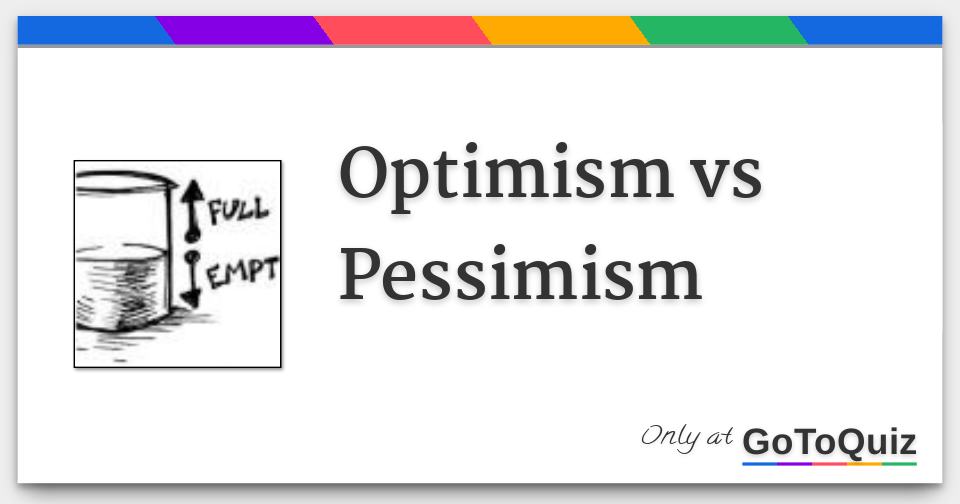
It converts the quest for truth into a quest for certainty (a feeling) or for endorsement (a social status).

Thus ‘how do we know…?’ is transformed into ‘by what authority do we claim…?’ The latter question is a chimera that may well have wasted more philosophers’ time and effort than any other idea. To this day, most courses in the philosophy of knowledge teach that knowledge is some form of justified, true belief, where ‘justified’ means designated as true (or at least ‘probable’) by reference to some authoritative source or touchstone of knowledge. The misconception that knowledge needs authority to be genuine or reliable dates back to antiquity, and it still prevails. Discovering a new explanation is inherently an act of creativity. For if one cannot derive predictions from experience, one certainly cannot derive explanations. And since inductivism is false, empiricism must be as well. That is what ‘learning from experience’ is. Its main use is to choose between theories that have already been guessed.


It is not the source from which theories are derived. 1: The Reach of ExplanationsĪnd that whole universe is just a sliver of an enormously larger entity, the multiverse, which includes vast numbers of such universes.Įxperience is indeed essential to science, but its role is different from that supposed by empiricism. In this book I argue that all progress, both theoretical and practical, has resulted from a single human activity: the quest for what I call good explanations.


 0 kommentar(er)
0 kommentar(er)
